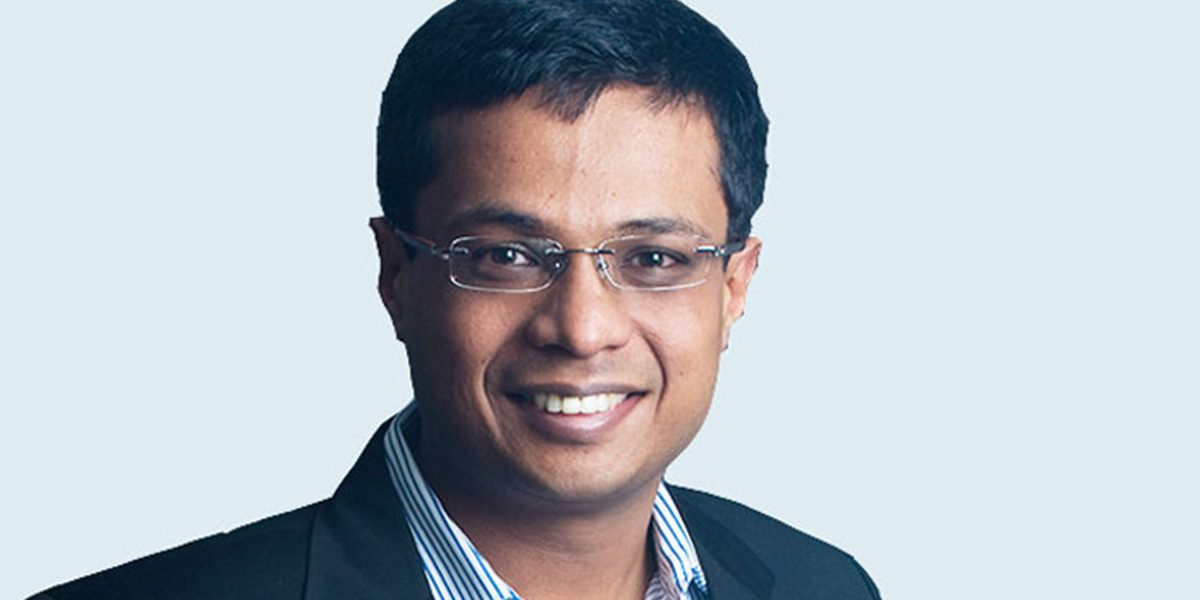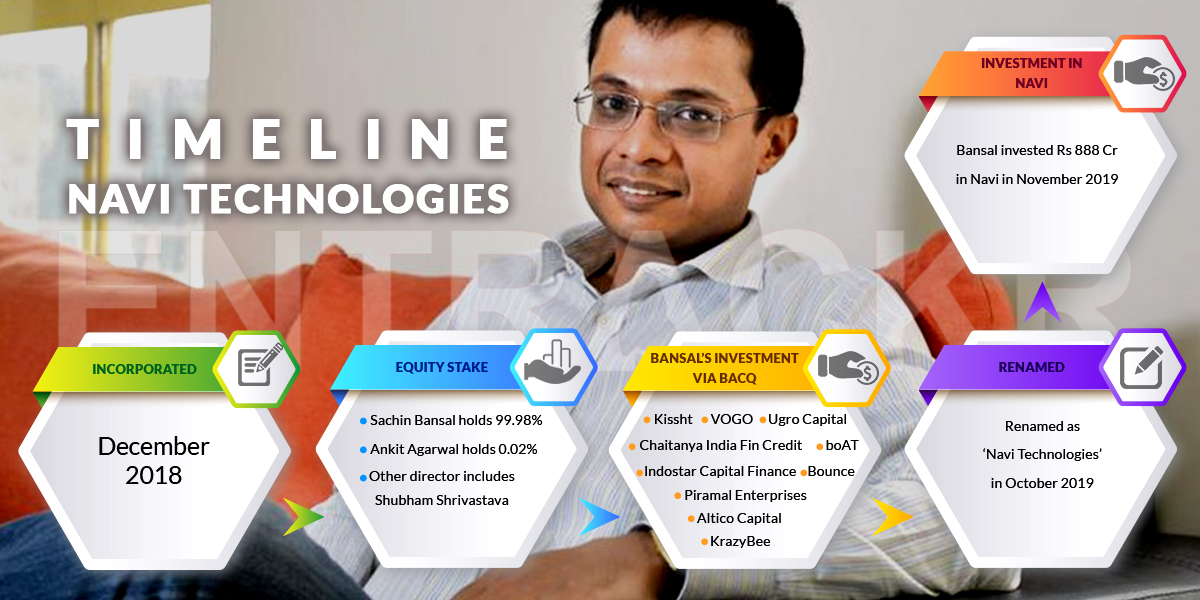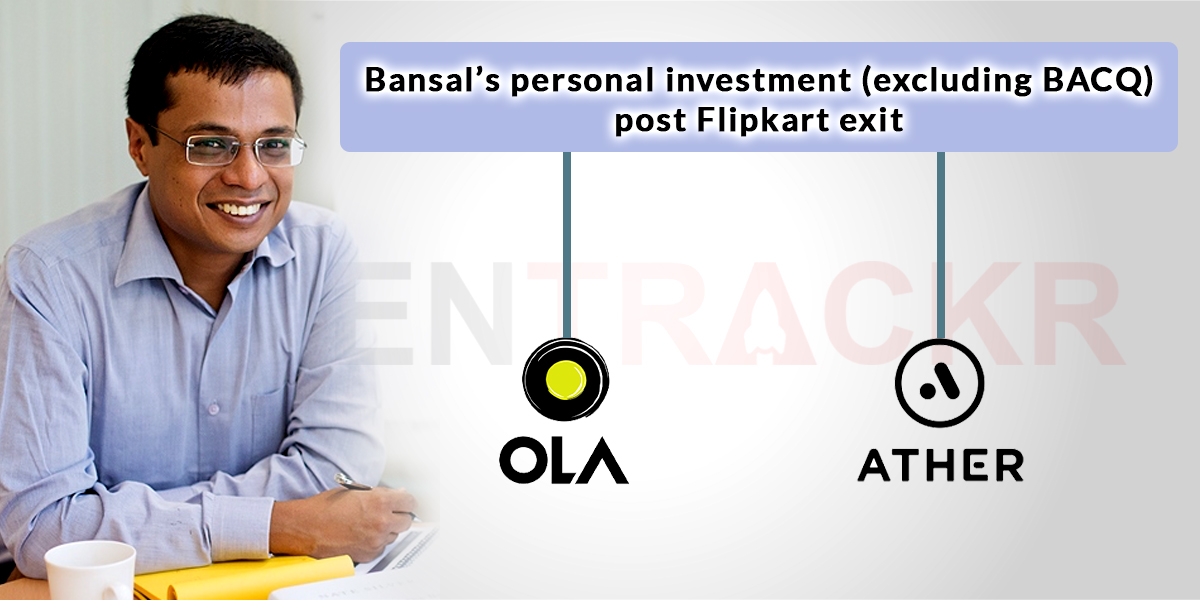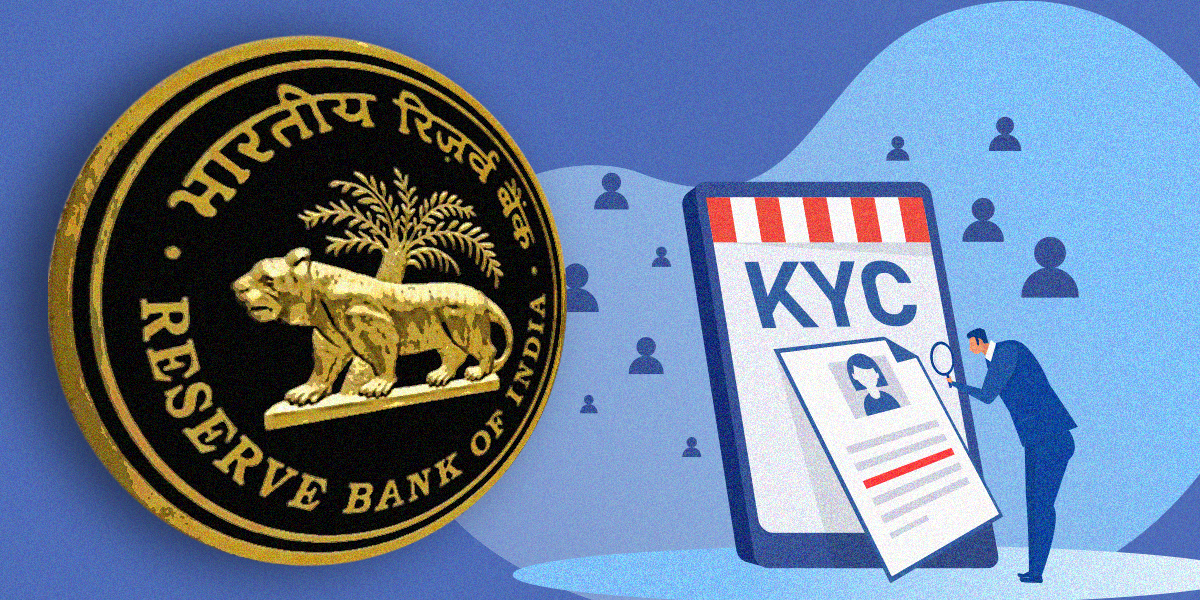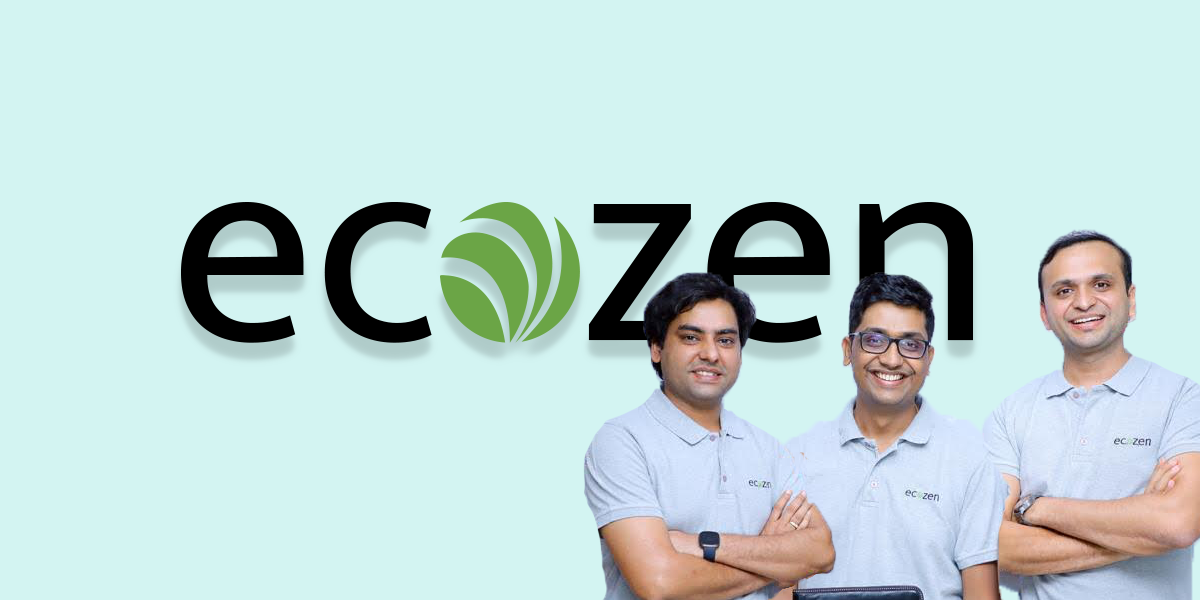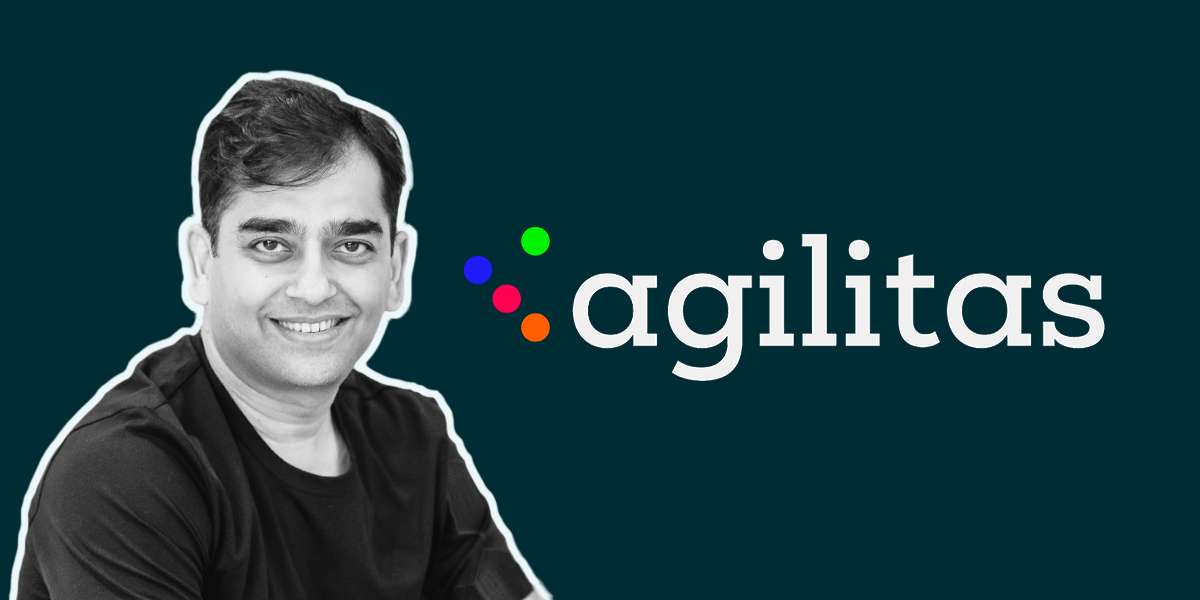India’s most successful tech entrepreneur is in a hurry to chart out his next success story. After his unceremonious ouster from Flipkart last year following the Walmart acquisition, its co-founder Sachin Bansal has been looking to ‘prove himself’ again with his second attempt at a startup.
Over the last 12 months, he scanned the market to find a perfect sector to startup into. And two months ago, Bansal found an answer to his quest when he bought a 95% stake in Chaitanya Rural Intermediation Development Services (CRIDS), a non banking financial company and anointed himself as its CEO.
Right after his Flipkart exit, Bansal was restless to get back in the entrepreneurship game, according to multiple people Entrackr spoke with. After kick-starting the e-commerce revolution in India 10 years ago, Bansal is now hoping to ride on the fintech wave in the country, albeit at a much faster pace.
“Sachin really wants to prove himself after the Flipkart incident,” said a venture capitalist familiar with Bansal’s thought process. “He wants to do something big and when he looked into the market, financial services seemed like a large opportunity.”
Bansal did not respond to queries sent by Entrackr.
This is in contrast to the other Flipkart co-founder Binny Bansal, who has now moved to Singapore following his exit in November 2018 — while continuing to be an investor with plans of starting a fund.
However, interestingly, the way (Sachin) Bansal is going about his new startup is akin to another cofounder who faced an unceremonious exit from the company he cofounded — Uber’s Travis Kalanick.
After his ouster from Uber, Kalanick acquired a controlling stake in real-estate startup City Storage Systems and declared himself its CEO of what has now become a cloud kitchen business. He expects it to be bigger than Uber, according to a story by The Information.
Kalanick’s attempt to make his second stint successful than the first one isn’t that much different from what Bansal is trying to do via Chaitanya.
“He is looking to acquire licences,” said one of the people mentioned above.
Through Chaitanya, Bansal not only has managed to acquire an NBFC licence, but also hopes to accelerate the process of becoming a new-age lender. Several people Entrackr spoke with said that Bansal has a genuine interest in addressing the microfinance space in India.
“The idea of his company is to match financial demand with financial supply — by remaining domain agnostic,” said one of the people cited above, requesting anonymity. “They want to tackle the lending problem head on.”
That’s where Chaitanya comes in — which was founded in 2012 and is already present in five states — catering to the financial needs of the rural population in these locations. It already has 1,500 employees and through this acquisition, Bansal’s new startup’s employee count jumps multifold from a mere 15-20.
Besides that, Bansal is in the process of hiring ‘subject matter’ experts and strategy people for the firm. They are also seeking a chief technology officer along with people for corporate development and product development.
In an interview with TOI, Bansal had said that they will be launching a product in the next few months.
“He’s (Bansal) in a hurry to do so which is not the best quality especially in the fintech business,” added one of the people cited above.
After Bansal left Flipkart in May 2018, it was anticipated that he will kick-off his second gig as an entrepreneur. In December that year, he launched BAC Acquisitions (now known as Navi Technologies) along with his IIT batchmate Ankit Agarwal. Bansal holds a 99.99% stake in this anchor company.
Since then, Bansal has parked an unprecedented amount of capital in the fintech segment through Navi. He also aims to develop platforms which can optimise business automation and enable digitisation of processes.
Navi — which is a result of Bansal’s Flipkart fortune worth $1 billion — invested over Rs 1,700 crore in several companies including bike rental firms such as Vogo and Bounce, lending startup KrazyBee and two NBFCs Altico Capital and IndoStar Capital.
Navi has also acquired the mutual fund business of Essel Group. It backed SMEs-focused lending platform U Gro Capital. The company further purchased a debt paper issued by Piramal Group for Rs 200 crore. The non-convertible debt invested by Bansal aimed at betting on the financial services arm of the Piramal Group.
He has also populated his fintech portfolio by investing Rs 50 crore debt in consumer lending startup Kissht.
While there has been ample activity from Bansal’s end in the past one year, his larger goal is to open up a new-age bank, which as per RBI guidelines requires him to have significant experience in financial services.
Acquisition of fintech firm under his new business Navi becomes all the more sensible for him if he counts this in a larger picture.
But several people Entrackr spoke with believe that while the segment Bansal has chosen shows potential and viability, his haste to taste a quick success may not work in his favor. Moreover, some also believe that his plan to conquer the financial technology space is a “little all over the place.”
“They want to do everything. Nobody can do everything in financial services,” said another investor familiar with Bansal. “Financial services is a deep market with potential for technological disruption but it requires experience. Even big banks such as HDFC have built different parts over time.”
According to three Entrackr sources, the banking regulator Reserve Bank of India doesn’t want to grant a banking licence to individuals. “RBI likes stability in promoters past businesses. It’s not a big fan of loss-making businesses because it introduces systemic risk like we are seeing with some Banks and NBFCs at the moment,” one of the three sources cited above, requesting anonymity. The other person echoed similar thoughts.
Nevertheless, one source indicates that Bansal continues to be optimistic about getting a banking licence.
Alongside this, Bansal continues to be an active investor in his personal capacity. His biggest cash infusion was a $100 million round in Ola, the Softbank-backed ride hailing giant. He has also invested $32 million in electric vehicle startup Ather Energy.
And as far as loosely-related parallels go, both Bansal and Kalanick’s second innings as entrepreneurs will probably hinge on lessons learnt from the past, their itch to prove themselves and a full war chest in today’s hyper-competitive startup world.


